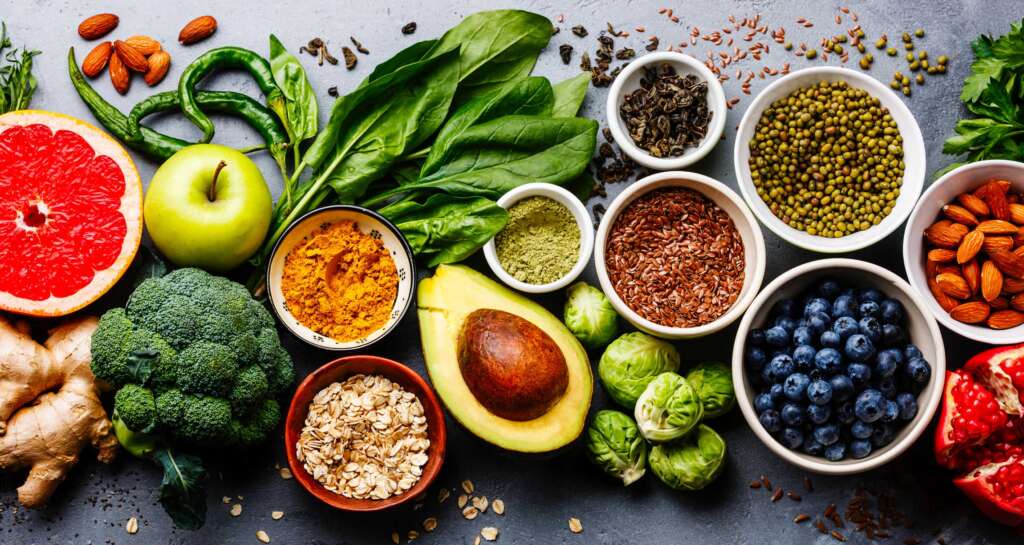Share This Article
Organic food is food that is grown or raised without the use of synthetic pesticides, fertilizers, genetically modified organisms (GMOs), or other harmful chemicals. Organic farming relies on natural methods to protect and enhance the soil, crops, and animals, and promotes biodiversity and sustainability.
The benefits of organic food include:
- Health benefits: Organic foods are generally free of harmful chemicals, pesticides, and synthetic fertilizers that can be found in conventionally grown foods. This can reduce exposure to toxins that can harm the body and lead to health problems.
- Environmental benefits: Organic farming methods are designed to promote sustainability and biodiversity, which can help to preserve the environment and protect natural resources. Organic farming practices also reduce pollution, conserve water, and improve soil quality.
- Taste and quality: Many people find that organic foods taste better and have a higher nutritional value than conventionally grown foods.
- Support for small farmers: Organic farming often involves small-scale, family-owned farms that rely on sustainable practices to grow and harvest their crops. Buying organic food supports these farmers and helps to maintain the tradition of sustainable agriculture.
- Ethical considerations: Organic farming practices prioritize animal welfare and do not allow the use of antibiotics, hormones, or other harmful treatments on livestock. This can improve the quality of life for animals and reduce the risk of antibiotic-resistant bacteria.
In summary, organic food is grown or raised using natural, sustainable methods that promote health, environmental sustainability, and ethical considerations. Choosing organic food can provide a range of benefits for both the individual and the wider community.

10 Reasons Why Organic Food Is Better for You & The Planet
- Reduced exposure to harmful chemicals: Organic food is grown without the use of synthetic pesticides and fertilizers, reducing exposure to harmful chemicals.
- Better for the environment: Organic farming practices promote biodiversity, reduce soil erosion and water pollution, and conserve water and energy.
- Higher nutrient content: Some studies suggest that organic fruits and vegetables may contain higher levels of certain nutrients than conventionally grown produce.
- No GMOs: Organic food is not genetically modified, which may have unknown long-term health and environmental effects.
- Supports local farmers: Choosing organic food supports local farmers and helps to strengthen local food systems.
- Promotes animal welfare: Organic farming practices prohibit the use of antibiotics and hormones in animal feed, promoting the welfare of animals.
- Better taste: Many people believe that organic food has a better taste than conventionally grown food.
- More sustainable: Organic farming practices promote sustainable agriculture, which can help to reduce the environmental impact of agriculture.
- Reduces food waste: Organic farming practices can help to reduce food waste by promoting better management of soil, water, and other resources.
- Encourages healthy eating habits: Choosing organic food may encourage people to adopt healthier eating habits by increasing their intake of fruits and vegetables.


